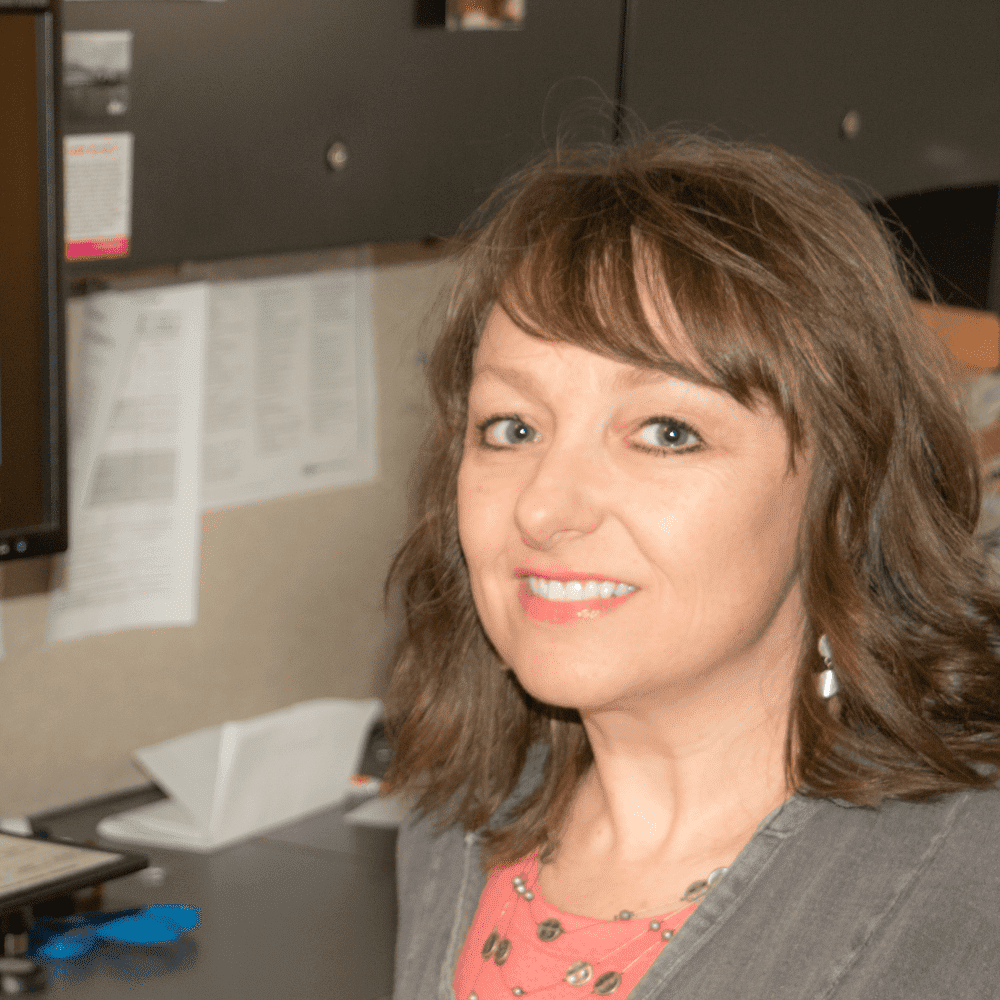Doctorate in Reading and Literacy Program Guide
A doctorate in reading and literacy will provide you with literacy and research knowledge, unlocking careers in postsecondary education, educator training, administration, or curriculum development. This degree is ideal for aspiring teachers, administrators, or anyone seeking career advancement or specialized training in reading and research skills.
What Is a Reading and Literacy Degree?
A doctoral degree in reading and literacy can take anywhere from 2-6 years to complete, depending on various factors, including whether you enroll as a full- or part-time student and what the program demands. Both online and on-campus programs are available and typically require you to take a mix of required and elective courses. Program specifications vary by institution and may require anywhere from 40-80 credits to graduate.
The curriculum covers subject areas, including literacy leadership, contemporary literacy issues, and foundational literacy research. You’ll usually have to complete a dissertation and possibly a practicum.
Additionally, you may have the option to tailor your degree to align with your career goals, with specialization options such as early childhood, adult literacy, and teaching English as a second language (TESOL).
Related Online Education Doctorate Programs You May Be Interested In
Learn about start dates, transferring credits, availability of financial aid, and more by contacting the universities below.
Doctorate in Reading and Literacy Courses and Concentrations
Reading and literacy courses usually cover various topics, spanning foundational concepts, literacy and research-specific courses, and specialized topics such as K-12 education, digital literacy, and bilingual and special education.
Programs commonly require both core and elective courses, sometimes specializing in an area such as literacy, teaching English as a second language, early literacy, or curriculum construction. A dissertation is also part of a doctoral program’s requirements.
Examples of potential courses include:
- Language foundations for learning
- History of education
- Texts and teaching in literacy learning
- Research perspectives in literacy
- Dissertation seminar
How to Get a Doctorate in Reading and Literacy
A doctorate in reading and literacy can take 2-6 years to complete and requires a master’s degree and relevant teaching or work experience.
How Long Does It Take to Get a Doctorate in Reading and Literacy?
An in-person or online doctorate in reading and literacy can be completed in 2-6 years, depending on whether you enroll part time or full time. It also depends on if you have any program-specific graduation requirements, such as a dissertation or internship. You will need to complete approximately 40-80 credit hours of coursework.
For the possibility of earning your degree faster, consider an accelerated program or online options with self-paced, asynchronous courses for flexible scheduling.
How to Apply for a Doctorate in Reading and Literacy Program
Admissions requirements vary from program to program, but certain similarities exist across applications. Most programs will require you to have a master’s degree, a certain level of relevant teaching or work experience, and a minimum undergraduate GPA.
Application materials you may need include:
- Academic transcripts
- An updated resume
- A personal statement
- Letters of recommendation
- Academic writing samples
- GRE scores
How Much Does a Doctorate in Reading and Literacy Cost?
The cost of a doctorate varies depending on program length, location, and type. The average annual tuition and required fees for a graduate degree was $20,513 in the 2021-2022 academic year, according to the National Center for Education Statistics. This figure drops to $12,596 annually for public institutions and rises to $29,931 for non-profit, private institutions.
Additionally, it is essential to factor in the cost of a degree beyond tuition, including living expenses and books. The total cost of a doctoral degree may be offset by financial aid, including scholarships and grants.
What Can I Do With a Reading and Literacy Degree?
A degree in reading and literacy can open the door to various career paths or unlock promotions or salary raises in an existing job. Careers for professionals with doctorates in reading and literacy include roles in post-secondary education, curriculum development, adult literacy, and nonprofit work.
Reading and Literacy Degree Jobs
Careers for professionals with doctorates in reading and literacy include library media specialists, adult literacy teachers, and instructional coordinators. According to the BLS, jobs for social and community service managers and postsecondary teachers will grow 9% and 8%, respectively, between 2022 and 2032, more than double the average projected growth rate for all occupations.
How Much Money Can I Make With a Reading and Literacy Degree?
Salaries differ between jobs but can range between $60,560 for adult literacy teachers and $84,380 for postsecondary teachers. Some employers may also offer an increased pay scale for advanced degrees.
| Job Title | Median Annual Salary (May 2023) | Job Growth Rate (2022-2032) | Description |
|---|---|---|---|
| Adult Literacy and ESL Teachers | $60,560 | -13% | Adult literacy and ESL teachers teach English literacy and reading skills to adults. |
| Instructional Coordinators | $74,620 | 2% | Instructional coordinators design school curriculums and instructional materials and strategize effective implementation. |
| Librarians and Library Media Specialists | $64,370 | 3% | Librarians and library specialists help people find information and conduct research. |
| Postsecondary Teachers | $84,380 | 8% | Postsecondary teachers teach students after high school, including at community colleges and universities. |
| Social and Community Service Managers | $77,030 | 9% | Social and community service managers supervise and plan programs that support public services. |
Continuing Education in Reading and Literacy
If you decide to work in education, you must continually update your training and certification to work with students. Public elementary and secondary school educators are required to maintain state licensure. Many postsecondary institutions offer licensing and certification programs for students interested in working with children.
Degree programs related to reading and literacy, such as curriculum and instruction, educational administration, and higher education, are often available at the master’s and doctoral levels. Choosing between these levels depends on your desired level of education and the time you can dedicate to the program. It also depends on how much you would like to spend on your education.
What to Consider Before Choosing a Reading and Literacy Program
Before committing to a reading and literacy degree program, consider several factors, including cost, program length, and program format.
Cost
The total cost of a program is influenced by factors such as institution type, location, and eligibility for resident tuition. Costs vary between private and public schools and online versus in-person programs. You should also consider additional expenses, including room and board and potential moving costs.
Program Length
Make sure to research how long a potential program could take and if there are any accelerated options. Doctoral programs in reading and literacy typically consist of 40-80 credits and may take you anywhere from 2-6 years to graduate. The program’s length can impact the overall cost of the degree and how soon you are about to start your career.
Accreditation
Programs with accreditation allow you to apply for financial aid and transfer credits to other institutions. Accreditation is important for assessing the credibility and quality of a degree program. Additionally, you should verify if the program you are interested in holds programmatic accreditation from reputable accrediting agencies.
Program Format
You should determine whether you want a fully online, in-person, or hybrid degree, and whether you want to enroll full time or part time. Asynchronous online courses can be beneficial if you want to continue working while enrolled. Enrolling as a full-time student may be the best option if you want to graduate in a shorter time frame.
Note: The insights on this page were reviewed by an independent third party compensated for their time by BestColleges. Page last reviewed July 23, 2024.
Explore More College Resources

Doctorate in Curriculum and Instruction Program Guide
Explore the ins and outs of a doctorate in curriculum and instruction to learn how you can expand your education career.

by James Mielke
Updated July 1, 2024

Best Doctorate in Reading Teacher Education Programs
Check out our ranking of the best doctorate in reading teacher education programs.

by Tessa Cooper
Updated February 28, 2025

